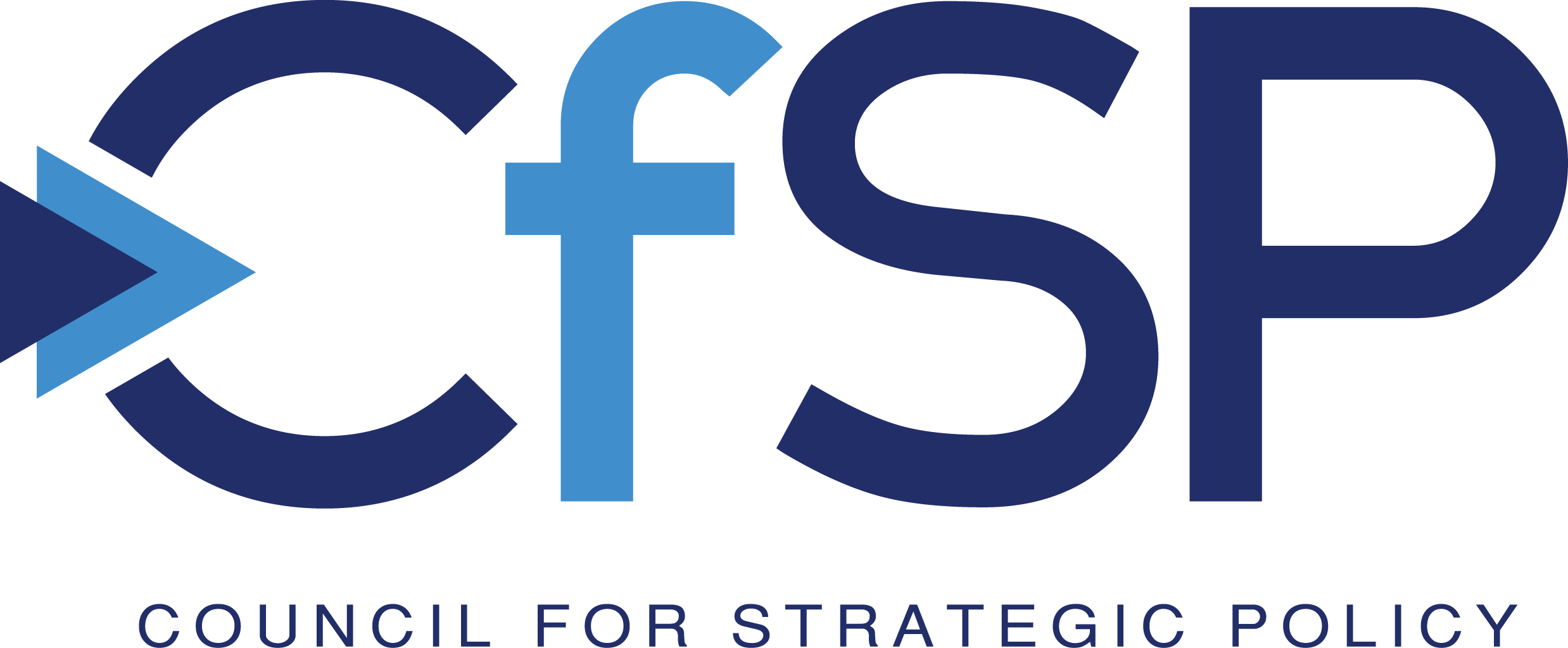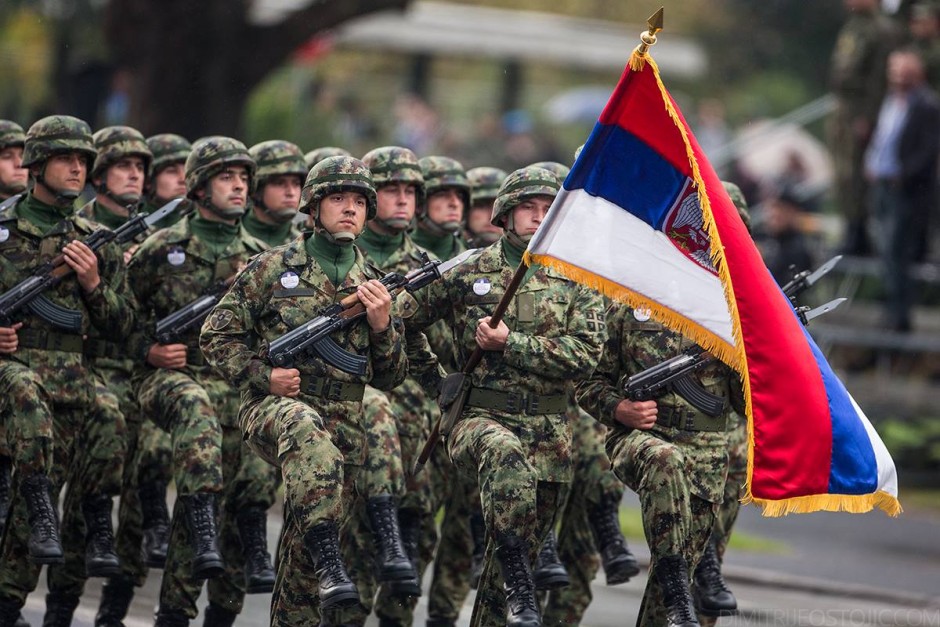Author: Nikola Lunić, executive director of the Council for Strategic Policy
The topic of compulsory military service has been imposed on the public again (for the umpteenth time). It is nice to hear that the great-grandson of Duke Putnik supports this idea, but the public would be certainly more interested to have an insight into the results of studies and analyzes being conducted at the Ministry of Defense.
owever, we will probably not see them because, regardless of our beliefs, a credible study makes impossible the media and political manipulation.
We are witnesses that this topic has been raised periodically, regardless of the fact that the state leadership has no need to provide any support for the reintroduction of this obligation using media campaigns and emotional JNA nostalgia. Giving it in a nutshell, if there are security indicators for the need to reactivate the obligation of serving military service, the state leadership can bring a decision to invalidate the previous suspension and reactivate the obligation.
However, a number of factors speak in favor of the thesis that the expert study at this time can only have one conclusion which supports the continuation of the concept of a professional army with a possibility of voluntary service. The fact is that there is an obvious problem with the filling of both reserve and active units of the Serbian Armed Forces (SAF), but the key question is not asked – why the interest in the military call-up has decreased. This is not only a problem of recruiting staff, but also of the outflow of an active, highly trained personnel, which obviously no longer considers the SAF a desirable employer.
Reforms of the defense system had begun, but unfortunately, they have never been implemented in line with the set goals. Politicians should answer why the concept of active reserve has not been operationalized, why the training of passive reserve has been neglected, why functional doctrines has not been applied and why the powers of the General Staff have been reduced. Also, a dysfunctional personnel policy system burdened with privileged partocratic influences is often a key factor for discouraging work in the SAF. Considering the operationalization of the obligation to serve military service, the gender equality and conscientious objection guaranteed by the Constitution should not be neglected either.
In addition to all the above factors, we come to unclear financial indicators, which as decision makers say could be from 80 to 600 million euros. In doing so, they are based exclusively on the cost of accommodation, ignoring the costs of food, uniforms, training, ammunition, salaries, health insurance and the like. However, any type of cost is acceptable to increase the operational capabilities of the SAF if the country is in real imminent danger of a conflict. The problem is that the strategic documents in the field of defense do not foresee any wider conflict, nor do they provide indicators that would indicate a significantly endangered security of citizens. In that case, each figure is too expensive to respond to virtual security threats.
When the upbringing of young people is emphasized as a reason, then it should be also emphasized that, in its history, the SAF has never represented an educational institution, nor a substitution for family values. The solution for a dynamic modern way of life and the consequent neglect of the upbringing of young people should be sought in the institutions of society but not in the military drill. Also, politicians who see patriotism through the interest of the party should be asked whether their youth served their military service voluntarily, or were employed by the ministries as security experts without a single night spent in the barracks.
However, the two most significant consequences of the eventual introduction of compulsory military service would be growing mistrust in the region and the young people leaving the country.
In a situation where the countries of the region have chosen the collective concept of security as an effective response to sophisticated contemporary threats and financially very demanding one, our foreign policy has remained trapped in historical prejudices, tabloid rhetoric and calculations regarding political rating. In Serbia, we remained emotionally stuck in the consequences of not understanding the global context existing 20 years ago, instead of looking at and defining strategies and visions for the 20 years to come. No one should forget anything, nor should be deprived of feelings, but the viability of a nation must rest on a predictable future which should in no way depend on the consequences of our defeats. On the contrary, the future must secure victories through trust in the region, the reliability of foreign policy relations and the predictability of security challenges. Unfortunately, improving the operational capabilities of the SAF without justified geostrategic reasons will cause the exact opposite effect, which can easily become the basis for our future defeats.
By law, each obligation is introduced together with an adequate penal policy. It would be interesting to see how repression of young people would affect their leaving the country. According to OSCE research, about 650,000 people have left Serbia since 2000, most of them young people under the age of 24. The research of the Ministry of Education shows that 66% of the surveyed students want to emigrate, while the research of the Friedrich Ebert Foundation shows a similar result (75% of young people). Despite the fact that the brain drain costs the state about 1.2 billion euros a year (research by the Institute for Development and Innovation), some ministers boasted of an agreement on mediation in the temporary employment of Serbian workers in FR Germany. We can only wonder if this is a consequence of lack of education, official greed or unclear personal gain, but what is crystal clear is that this is definitely a crime against the future of this country.
The departure of members of the SAF from the defense system and the low turnout for voluntary military service is only partly a consequence of the financial conditions. This is mainly a consequence of problems that are very visible in society and that spill over to the SAF. Young people, in particular, are demotivated because politicking, partocracy and sycophantism are felt throughout the country, but unfortunately also in the SAF. However, the youth of this country is pragmatic enough to make the right decisions. And there should be no doubt in their loyalty to their homeland, but that should not be equated with blind obedience to any nomenclature of authorities. If they saw the son of the Chief of the General Staff of the SAF being employed in the Military Intelligence Agency without voluntary military service, what exactly would be the motives for young people to apply voluntarily? It is much easier to get an SNS membership card, jump on party activities and get an attractive sinecure in one of the ministries.
If a progress is to be made in the security sector, problems need to be addressed on the basis of a vision of strategic challenges, adopted doctrinal documents and staff who have the integrity of arguments and personal views. Politicking and sycophantism destroy the essence of community that will not find a way out with corrupt officials and rank-greedy officers. The generals of the SAF should solve the problems of soldiers and the army, but everyone realized a long time ago that they are not able to do that. Losing credibility, they have lost both leadership and rank, they are only preoccupied with themselves without realizing the circumstances.
The solution to the problem of recruitment should be sought in incentives, not through repressive penal policy. The state could give soldiers appropriate privileges in employment, schooling, or health and pension insurance at the end of their military service, while employers could be temporarily exempt from taxes if they hire a soldier. Patriotism, not partocracy, should be nurtured in the state administration. And society must finally learn the difference between love (for its nation) and hatred (for other nations), that is, between patriotism and nationalism.
Source: Novi Magazin

